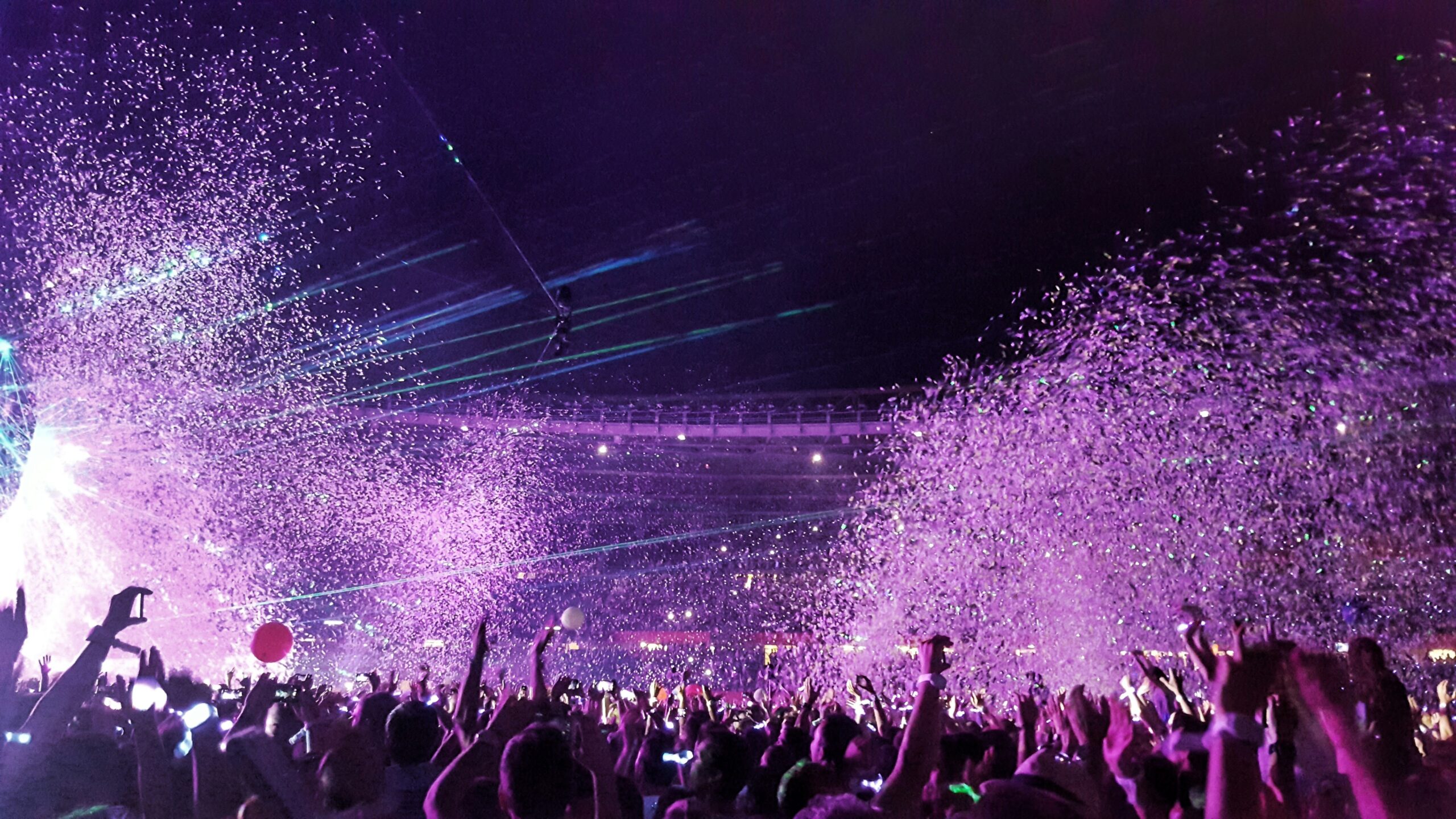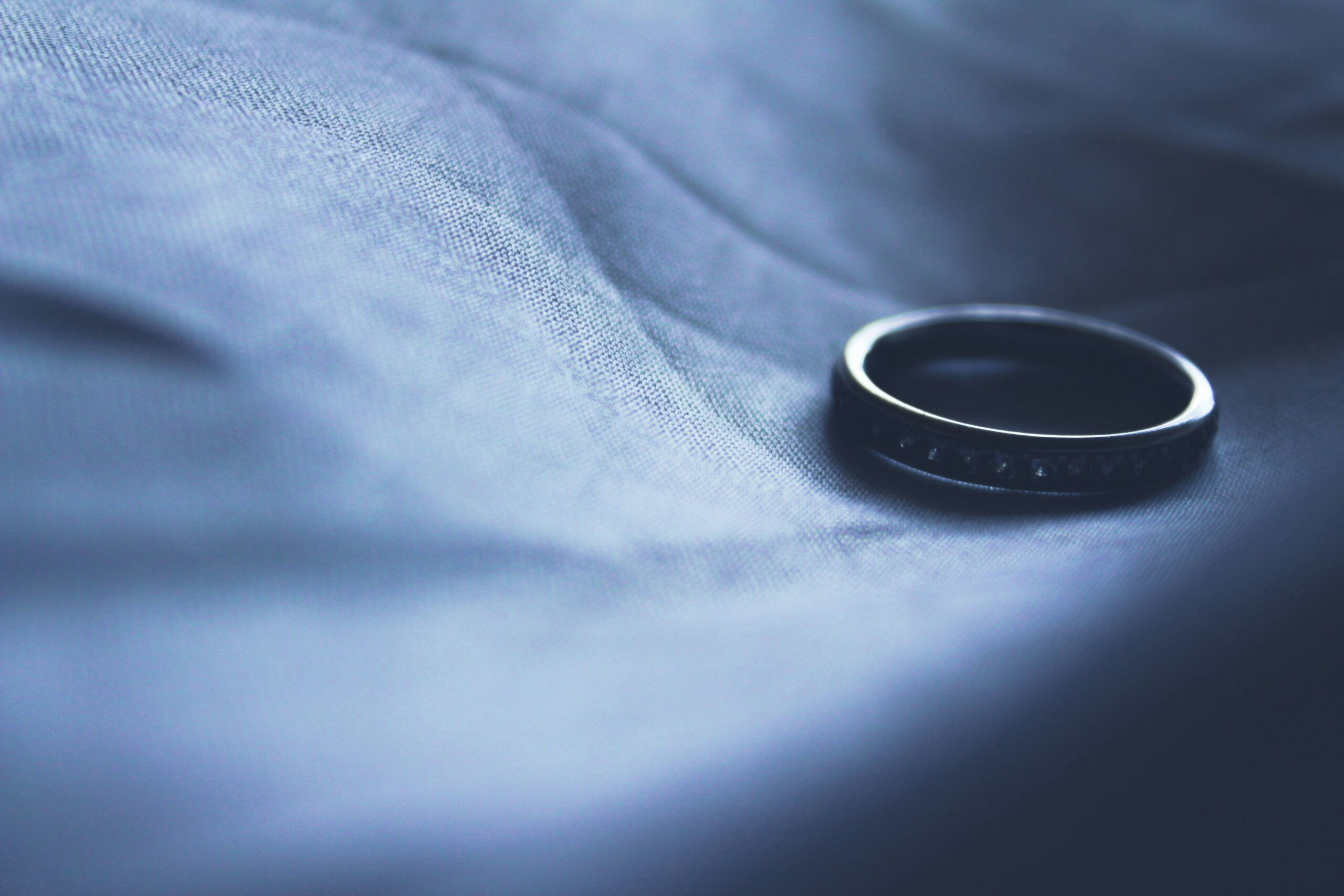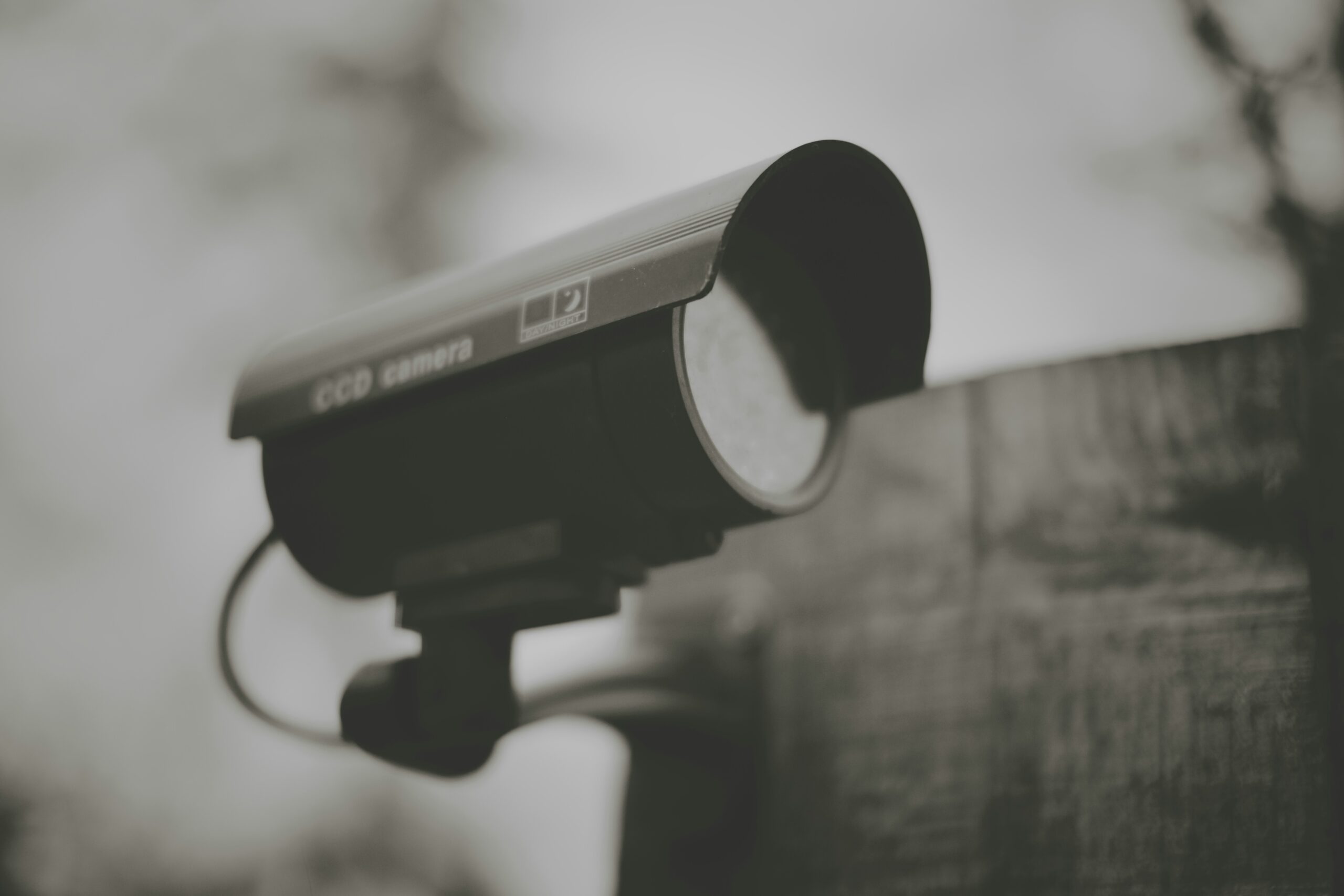The unravelling events following a Kiss Cam at a Coldplay concert last week read like the script of a tragic drama. Only this was real life and about to detonate into a living hell.

Cast the Stone
Those in blissful ignorance would be urged to resist the ugly, heartbreaking disregard of the destruction that the two families are navigating.
The reaction of the two people involved, after a quip by Chris Martin, sent whispers immediately around the arena. The internet went crazy, and within hours, the clip from the Kiss Cam had gone viral. The software company, Astronomer, later confirmed that its CEO (resigned) and an HR officer were, in fact, the couple in the video. What ensued were thousands of memes, photos, and a parody of AI situations, capturing the shocked faces before they in vain tried to turn away from the camera.
Putting yourself in a compromised position whilst in a public place with someone whose presence may cause hurt to another is solely the responsibility of two consenting adults. Such when the truth of an affair has been uncovered, the inevitable hurt inflicted on the respective families, children and partners caught in the aftermath, inevitably lies at their door. What we are looking at here goes beyond accountability and has become a social media frenzy of public shaming.

Our society has become judgmental and full of condemnation to the point that we feel righteous in the pursuit of others’ shortcomings, often over the morality and ethics of the situation. It is an old social reflex to protect specific values, stemming from historical and cultural societies, often from religious teachings, that treat certain affairs as moral transgressions worthy of public shaming or social punishment. But whether it is right in an ethical sense is more complicated.
Public shaming rarely helps heal anyone involved. Least of all, the respective families who are constantly reminded, often through humiliation, of the hurt, adding more pain to the situation and driving issues underground. Society will judge affairs harshly whilst overlooking the complexity of the dynamics that led to that situation, with condemnation often falling harder on women.
Affairs are more common than one ever imagines. Usually, the symptom of deeper private struggles. People you know, people you wouldn’t suspect. But in every situation, there is a story and a history that we, as the public in this instance, are not privy to. At the heart of this all are two human beings.
What makes us so righteous to cast the stone?
“Psychologically, we all like to feel part of a safe group, the good ones, so we club together in our moral outrage and in doing so give ourselves a sense of safety.”
Dr Charlotte Ord, Psychologist
She went on to say
“By annihilating people that we perceive have done wrong, we project those parts of ourselves that we subconsciously identify with the others’ wrongdoing, it reminds us that we are capable of doing bad things. When we ridicule, destroy, and humiliate, then we symbolically destroy parts of ourselves that we would rather were not there.”
“Spies hide out in every corner”
Our sophisticated society is designed to protect us from sinners, thieves, motor vehicle offenders, and violators of public order. Whether CCTV cameras, doorbells, or video surveillance, our lives are practically overseen. This is not the first time that a person of respect and power has been caught on camera in the throes of an affair. When the media seizes a story involving a person with significant authority in the public eye, it is understandable that what follows is a failure of trust and resulting disappointment. And in this present situation, the irony was not lost to many that the team put in place to protect employees and uphold integrity turned a blind eye to toxic behaviour in the workplace.
We use the excuse of safety in the morally questionable “Find My Location”. Checking in on a partner, a child, or a colleague creates a “Big Brother” era where we are, rightly or wrongly, practically unable to escape the eyes of the world.
What’s more, everyone holds a camera in their hand. We are all vulnerable to being media fodder at literally any opportunity. The online world is potentially a social media surveillance platform. It’s unsettling that, through AI, our identities can be tracked so quickly on the social exposure ring by those out to publicly identify us. More alarmingly, there are currently a few legal restrictions in place to prevent the sharing of content.

A Private Life
Of course, there is no such thing as a private life anymore, at least not in the traditional sense. What may seem like a private moment can be exploited online, with potentially severe repercussions. The impacts on private lives, such as we have seen this week, are catastrophic. On a global scale, it is a media-hungry market that appears eager to revel in the perverse weaknesses of others. Reading the many vitriolic comments on social media platforms suggests that this is the content we want to watch.
What we must adopt is a personal responsibility for the people whose photos, reels, and videos we share within our content, and whether it is appropriate, helpful, or just plain indulgence. The luxury of living on a secluded island away from prying eyes makes for a good argument.
What kind of society have we become to enjoy the public humiliation of two people who, up until last week, were of no consequence in any of our lives?
We are all failing in various aspects of our lives. This makes us vulnerable and prone to making bad decisions. Some with minor infractions and others with a greater impact on others. By not recognising that we all mess up at some stage, I can’t imagine a worse situation. This sad reflection on society is that if you are caught in such a public way, you are shown little compassion or understanding. I can hear the resistance to that thought. However, unless you are a perfect individual, you will now know that society will tear you apart at the mere suggestion.
“If you get caught in the shadows, if you get caught vulnerable, making a mistake, making a poor decision, you too could lose absolutely everything”
Dr. Charlotte Ord, Psychologist

These people are very clearly in a dark place. Whilst the comments in the message bar of social media platforms express support for the families and those caught in the crossfire, by fueling the condemnation, they create more hurt and pain than comfort and a conduit for healing. This as a private crisis, best resolved between the people involved rather than policed by society.
It may be time for the families involved to be allowed to close their doors in private and work through their fragmented futures in peace.
The lasting message:
To Be Kind; To Be Compassionate
